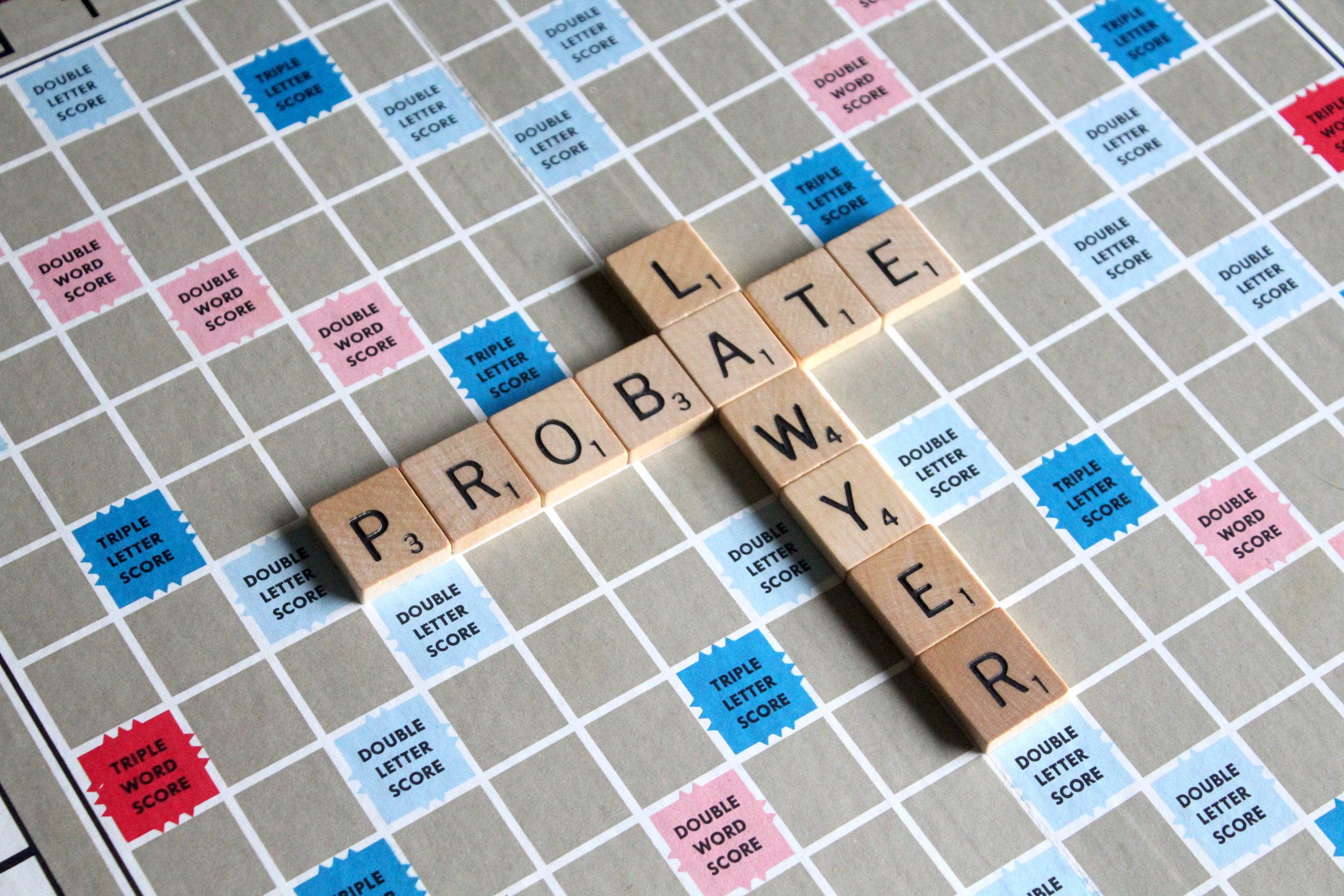
In Irish law, if a farmer dies intestate (without a will), the distribution of his estate, including the family farm, is governed by the Succession Act 1965. Here’s a simplified breakdown of how the process works and whether his siblings have any rights:
1. Surviving Spouse and Children: The primary beneficiaries in intestacy are the surviving spouse and children. If the farmer has a surviving spouse but no children, the spouse inherits the entire estate.
2. Surviving Spouse and Children : If the farmer has both a surviving spouse and children, the estate is divided as follows: – The spouse receives two-thirds of the estate. – The remaining one-third is divided equally among the children.
3. No Surviving Children: If there are no children, the spouse inherits the entire estate, including the family farm.
4. No Surviving Spouse or Children: If the farmer has no surviving spouse or children, the estate is distributed to other relatives, starting with parents, then siblings, and so on.
In the scenario where the farmer leaves behind a spouse and no children, his siblings do not have any right to the family farm. The entire estate, including the farm, would belong to the surviving spouse. Therefore, the wife would be free to sell the family farm without needing consent from the farmer’s siblings.
However, if there are children involved, the farm forms part of the estate to be divided, and this can complicate the sale. In such cases, legal advice should be sought to navigate the specific details of the distribution.
It’s also worth noting that intestate succession can be complex, and various factors can influence the outcome. Seeking legal counsel is always advisable to understand the full implications and to ensure all legal requirements are met.





